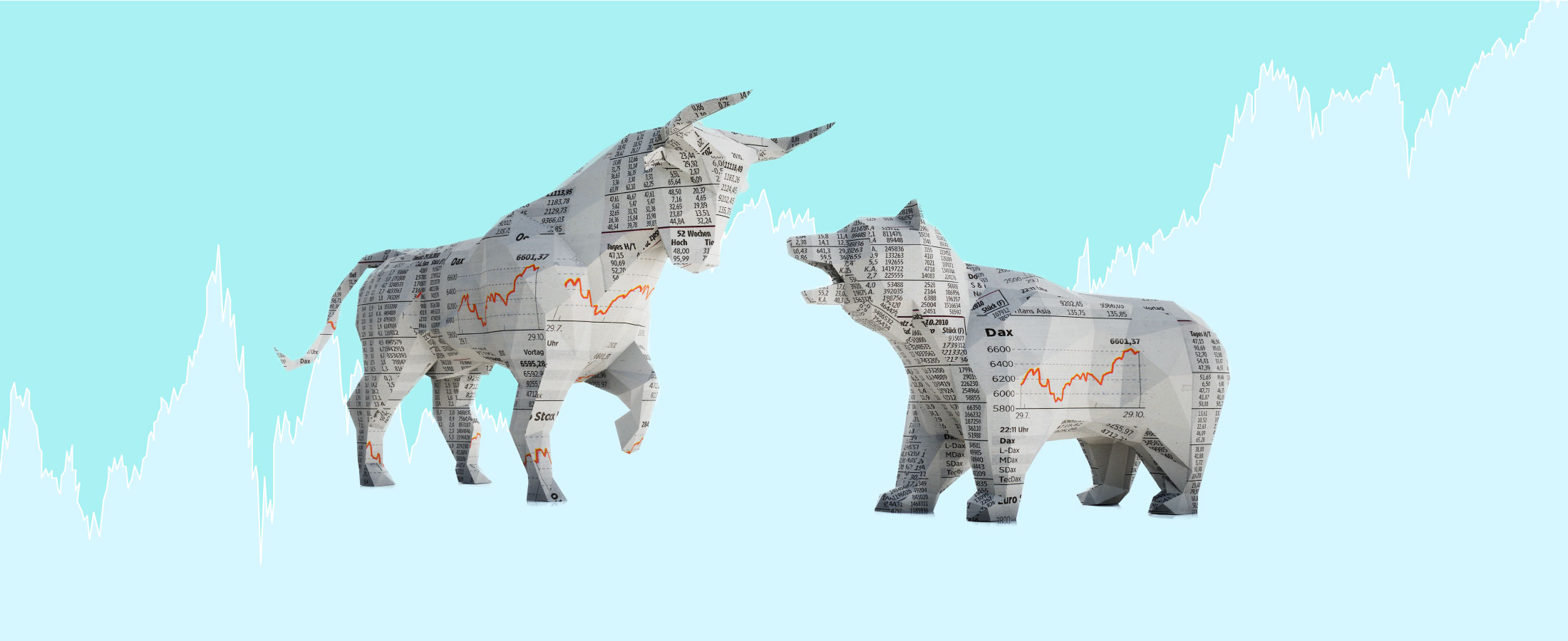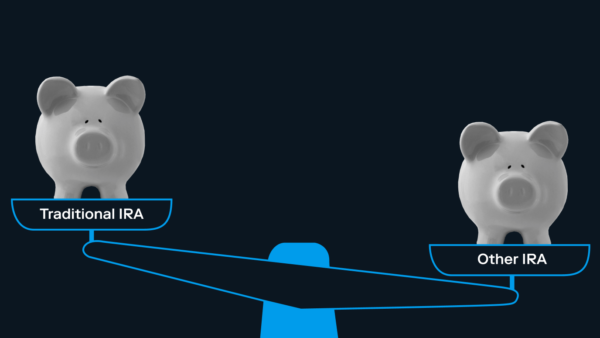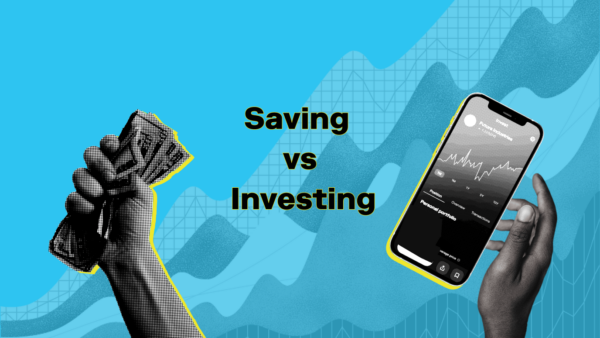Jan 13, 2021
What’s a Special Purpose Acquisition Company (SPAC)?
So-called blank-check companies list on an exchange, and acquire or merge with another company to take it public.

With so much initial public offering (IPO) activity going on recently, you’ve probably heard of something called special purpose acquisition companies, or SPACs. Recent examples include Richard Branson’s Virgin Galactic, and the fantasy sports company DraftKings, which both went public through SPACs.
So what’s a SPAC? Simply put, it’s a shell company with no operations of its own, typically set up by wealthy investors or hedge funds, that goes public, lists on an exchange, and then acquires or merges with a functioning private company. That company becomes public through the merger, since the shares of the SPAC are already publicly traded. By using this structure, companies can potentially save time, and millions of dollars in legal, listing, and underwriting fees to go public.
SPACs are sometimes referred to as “blank check” companies, because the initial investors raise funds before choosing a company to acquire, and retain a lot of leeway in choosing the company they will acquire. Billionaire hedge fund investor Bill Ackman reportedly raised $4 billion, for example, to purchase an as-yet unidentified company, and reportedly has a list of 150 potential companies his fund is examining as targets. Note: The search for a company may continue even after the SPAC lists on an exchange, and is open to new investors, which can make the investment more risky than a more traditional investment.
Investing in SPACs carries special risk
Here’s the catch though: A SPAC must acquire or merge with another company within two years, or the SPAC is dissolved and the money is returned to investors.
Investing in SPACs also carries plenty of risks. Although celebrities such as Richard Branson and Bill Ackman are using SPACs for IPOs, SPACs used to be a last-resort way to enter public markets and were typically associated with troubled companies and fraud.
There are other things to look out for. Retail investors—meaning the average person—who buys into a SPAC, may be doing so based solely on the sponsor’s resume, rather than on a business’s history, value, or other merits. Additionally, even once a deal is announced, investors may not have as much information as they would for a company that follows the normal route for an IPO.
Additionally, SPACs have their own managers and executives, not to mention shareholders, which means the company it purchases may have to hand over control to executives that may be different from the ones who launched and have the most knowledge of the company.
The popularity of SPACs comes and goes. In fact, the last time they saw this much activity was in the lead up to the financial crisis in 2009, according to Bloomberg.
Investing is associated with risks. Understand your financial circumstances, risk tolerance, and investment goals to identify if investing in SPACs is suitable for you.
Related Articles

15 Largest AI Companies in 2024

The 12 Largest Cannabis Companies in 2024

What Is a Traditional IRA?

Saving vs. Investing: 2 Ways to Reach Your Financial Goals

How To Invest in the S&P 500: A Beginner’s Guide for 2024

Stock Market Holidays 2024





